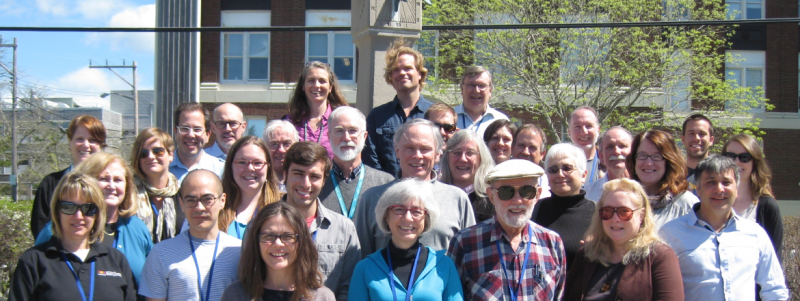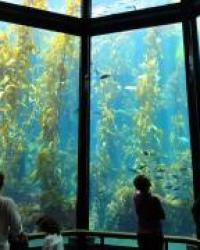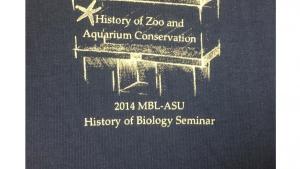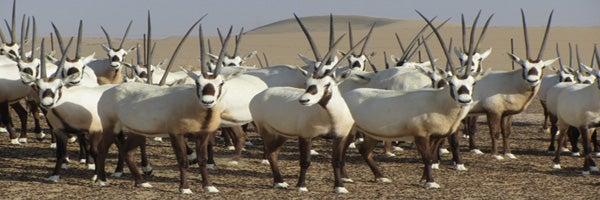History of Biology Seminars
2014 Seminar: History of Zoo and Aquarium Conservation

About
The MBL-ASU History of Biology Seminar is an intensive week with annually varying topics designed for a group of no more than 25 advanced graduate students, postdoctoral associates, younger scholars, and established researchers in biology, history, philosophy, and the social sciences.
The conservation mission of zoos and aquariums is a significant part of their institutional and public heritage. It is a commitment that is intensifying: in their mode as ex situ conservation centers and partners in field recovery projects, zoos and aquariums are expected to play an even more significant role in the effort to sustain biodiversity in this century. This mission raises a complex and intellectually rich set of historical, philosophical, scientific, and policy questions and challenges.
The nature of zoological institutions themselves is in flux, but zoo and aquarium-centered scholarship in the context of conservation history, history and philosophy of science, conservation biology, and conservation policy is generating a series of stimulating questions. For example: How does the expanding conservation mission of zoos and aquariums articulate with the historical and popular understanding of the purpose and value of these places as cultural and scientific institutions? What are the philosophical and policy implications of the engagement of zoos and aquariums in field conservation projects, and of their embrace of the role of “conservation ark” for threatened wild populations? How should zoos and aquariums make trade-offs between historical and emerging conservation goals – and between these conservation goals and more traditional (and highly valued) scientific, entertainment, and educational objectives?
The seminar will be organized around different approaches to understanding the history and philosophy of zoos and aquariums and the intersection of these traditions with wider scientific and policy perspectives on collection-based institutions and the changing conservation landscape. Exploration of new avenues for public outreach and science education will be a point of emphasis, as will consideration of how the multidisciplinary study of zoo and aquarium conservation can contribute to and be informed by broader discussions in the history and philosophy of science, conservation history, environmental philosophy, and conservation biology.
Woods Hole is home to the nation’s oldest marine aquarium and thus provides an important opportunity to connect the workshop’s historical, philosophical, scientific, and policy scholarship on the development of zoo and aquarium conservation to key scientific and public institutions.
The seminar is an excellent opportunity for graduate students interested in any aspect of the history and philosophy of zoos and aquariums. It is also an excellent opportunity for natural and social scientists to become involved with history, and historians and philosophers to become involved with science and policy of zoo and aquarium conservation.
James Collins, Arizona State University
Jane Maienschein, Arizona State University
Karl Matlin, University of Chicago



